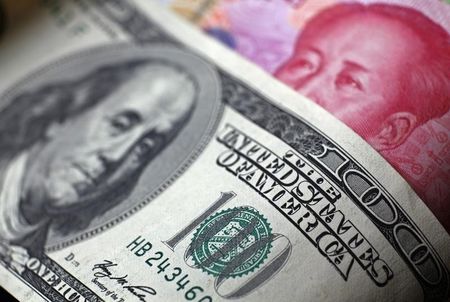LAHORE:
The government’s recent decision to reduce the buyback rate for excess solar power from Rs27 to Rs10 per unit has sparked widespread concern across Pakistan’s solar energy sector, significantly dampening consumer interest and slowing the pace of new installations.
Industry stakeholders, including solar system importers and vendors, warn that the lack of a clear and consistent net metering policy has eroded market confidence.
Traditionally, solar system demand peaks ahead of summer as households and businesses prepare for rising power costs.
This year, however, has bucked the trend, with many companies reporting sluggish sales despite record-low prices for solar equipment.
Speaking to The Express Tribune, Rehan Adnan Qureshi, the CEO of a solar energy company, said the expected seasonal surge in demand has failed to materialise.
“Every year, we see a sharp increase in demand as summer nears. This time, uncertainty around net metering has made consumers hesitant,” he explained. Qureshi noted that global market dynamics, especially a production surplus in China, have significantly reduced solar panel costs, creating favourable conditions for buyers.
“Solar systems are more affordable than ever. But due to policy ambiguity, people are reluctant to invest,” he added.
Currently, Grade-A solar panels coupled with branded inverters are priced between Rs100 and Rs120 per watt – down from Rs160-165 just a few years ago. Market data shows that a 5-kilowatt (KW) system now costs about Rs600,000, while a 10-KW setup is priced at Rs1.15 million.
Larger 15KW and 20KW systems cost around Rs1.4 million and Rs1.8 million, respectively. Muhammad Hanif, another solar equipment importer, confirmed the continued drop in prices, with costs falling by Rs1 to Rs3 per watt in recent weeks. However, he noted a shift in consumer behaviour.
“There is increasing interest in hybrid solar systems with battery storage. People prefer storing energy for personal use rather than selling it back at the new, reduced rate,” Hanif said.
Battery sales have seen a notable rise as more users pursue self-sufficiency. “The Rs10 per unit buyback rate simply doesn’t justify selling power to the grid anymore,” he added.
The industrial sector is also facing headwinds, as the National Electric Power Regulatory Authority (NEPRA) delays approvals for power purchase agreements, adding further uncertainty to the market.
With stakeholders sounding the alarm, the solar energy industry is urging the government to provide clarity and transparency on net metering regulations. Without a stable and supportive policy framework, experts warn, the significant progress made in renewable energy adoption could begin to unravel.
According to the Global Electricity Review 2025 by UK-based energy think tank Ember, Pakistan imported a record 17 gigawatts (GW) of solar panels in 2024 – more than double the previous yearplacing it among the world’s top solar markets.




